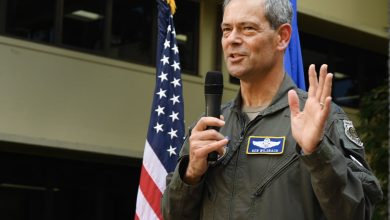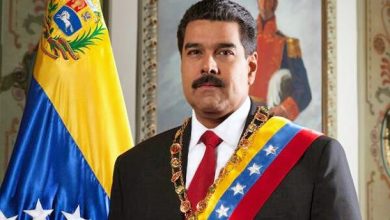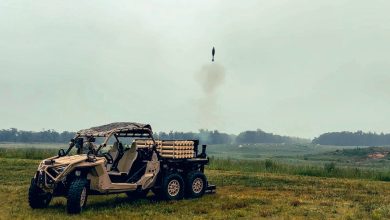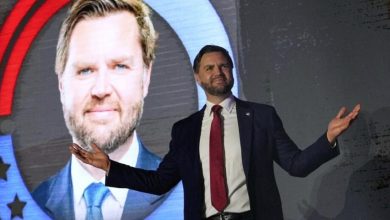Poland proffers common defense financing as panacea for arming Europe

WARSAW, Poland — As European nations seek more self-reliance in weapon procurement, a new intergovernmental initiative dubbed the European Defence Mechanism (EDM) could pave the way for closer integration of the continent’s fragmented defense industries, according to a recent report by Brussels-based think tank Bruegel.
The study was commissioned by Poland, a European Union member state which holds the rotating presidency of the bloc’s council for the first six months of 2025. The report was presented to the EU’s Ministers for Economic and Financial Affairs at an April meeting in Polish capital Warsaw, involving 27 governments in the ensuing debate.
One of its key findings is that better-integrated European defense markets could both stimulate competition and make it easier for new defense companies to launch products. Combining integrated markets and scaled-up procurement could facilitate halving unit costs, according to the think tank.
By pooling demand for military gear and enforcing common standards, European partners can achieve reduced costs, but also incentivize the continent’s industry players to grow, Guntram Wolff, a senior fellow at Bruegel and a co-author of the report, told Defense News.
“We need to work on a European defense funding mechanism for a deeper integration of markets across the European Economic Area. If we don’t to that, we will have fragmented markets with national producers supplying to small domestic markets, and the economic cost is going to be very high for individual products,” Wolff said.
“Expensive products, such as modern fighter jets, will not be developed by individual countries,” he added.
At the same time, future discussions on the EDM will be shaped by institutional and political challenges, Wolff said. This is because certain EU member states have constitutional constraints that could stop them from participating in similar mechanisms, and some governments do not want to engage in defense cooperation with other EU partners.
“It is a political question whether to include non-EU countries in this proposed mechanism, one that would need to be answered by the governments of EU member states,” the researcher said. “Countries such as the UK and Norway, or even Turkey and, outside Europe, Canada could decide that they want to engage their defense industries in this form of cooperation.”
A spokesperson for the Polish Ministry of National Defence told Defense News that the ongoing talks on the EDM are led by the country’s Ministry of Finance, indicating that the discussions are mostly related to the financial aspects of the proposed mechanism.
“Together with EU finance ministers, we discussed what I believe is the most pressing issue right now in Europe: security and defense financing,” Andrzej Domański, Poland’s Deputy Prime Minister and Finance Minister, said in a statement released by the Polish presidency.
“We welcome the ReArm Europe Plan, the most ambitious defense plan so far presented by the European Commission, with an up to €150 billion [$170.5 billion] loan mechanism and a greater flexibility in EU fiscal rules.”
Since Russia launched a war against Ukraine in February 2022, Poland has boosted defense spending to expand its military and arm it with modern weapons. For 2025, the country’s government aims to allocate a total of PLN 186.6 billion ($49.6 billion) to defense. With the country’s military expenditure expected to reach an estimated 4.7 percent of its gross domestic product this year, Poland has established itself as one of the alliance’s top spenders.
In response to the new foreign policy course in Washington, officials in Warsaw have doubled down on Poland’s commitment to defense cooperation with the United States.
A large share of the nation’s defense budget finances major purchases of weapons from Washington, including the ongoing programs to acquire F-35 fighters jets, Boeing AH-64D copters, M1A2 Abrams SEPv3 tanks, and Patriot air defense batteries, among others.
At the same time, Polish Prime Minister Donald Tusk has declared his Cabinet aims to tighten defense cooperation with EU partners, as well as key European allies such as the U.K. and Turkey, securing weapons and military technology from these countries.
By promoting discussions on the EDM, Warsaw aims to push the bloc’s defense industries towards more joint projects such as the German-led European Sky Shield Initiative, a continent-wide project to coordinate nations’ air defense-related acquisitions and procedures.
Jaroslaw Adamowski is the Poland correspondent for Defense News.







